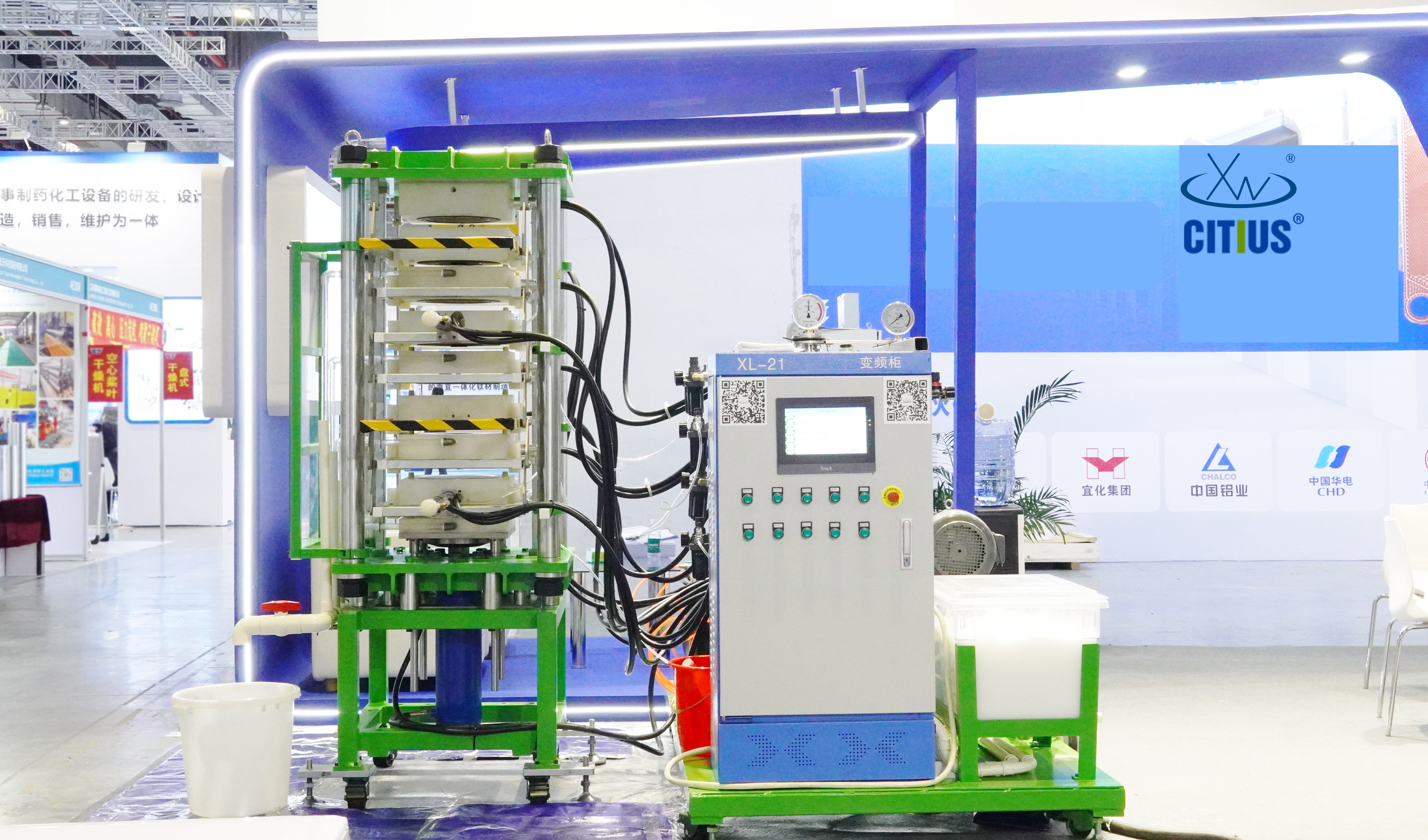Unveiling the Versatile Applications of Filter Cloth
Release time:
2025-07-06
The Unsung Hero: Filter Cloth
When it comes to filtration, one might not think much about the unsung hero of the process—the Filter cloth. This essential component is like the backbone of many industries, quietly doing its job while we go about our daily lives. But let’s dive into the world of Filter cloth and unveil the myriad of applications where it shines!
What is Filter Cloth?
In simple terms, Filter cloth is a permeable fabric used in various filtration processes. Made from materials like polyester, polypropylene, or nylon, it allows liquids or gases to pass through while trapping solids. Think of it as a sieve for your favorite pasta—only much more sophisticated!
Applications Galore!
Filter cloth is far from being a one-trick pony. Its versatility allows it to be used across a plethora of industries. Let’s take a closer look at some of its key applications:
1. Water Treatment
Water treatment plants rely heavily on Filter cloth to purify drinking water. The cloth traps impurities like dirt and sediment, ensuring that the water we sip is crystal clear. With the increasing concern about water quality, Filter cloth is more crucial than ever.
2. Mining and Mineral Processing
In the mining industry, Filter cloth plays a pivotal role in the separation of minerals from the slurry. It helps in dewatering processes, making it easier to extract valuable resources. It’s like having a trusty sidekick in the quest for precious metals!
3. Food and Beverage Industry
Believe it or not, Filter cloth is also a key player in the food and beverage sector. From brewing beer to filtering oils, this fabric ensures that our favorite drinks are free from unwanted particles. Talk about raising a glass to cleanliness!
4. Chemical Processing
In chemical plants, Filter cloth is essential for separating solids from liquids during various processes. It aids in the production of chemicals and pharmaceuticals, contributing to the creation of products we use every day. Who knew a piece of fabric could have such a significant impact?
Choosing the Right Filter Cloth
So, how does one choose the right Filter cloth for their needs? Here are a few pointers:
- Material Matters: Depending on the application, the material of the Filter cloth is crucial. Consider factors like chemical resistance and temperature tolerance.
- Pore Size: The size of the pores determines what particles can be filtered out. A smaller pore size means better filtration but may lead to clogging.
- Durability: Look for cloth that can withstand the rigors of your specific process. Nobody wants to replace Filter cloth too often!
The Future of Filter Cloth
As industries evolve, so does the technology behind Filter cloth. Innovations in materials and designs promise to enhance filtration efficiency and reduce environmental impact. Companies are now exploring biodegradable options, making strides toward sustainability.
Conclusion: A Fabric with a Purpose
In a nutshell, Filter cloth is a fabric with a purpose. From water treatment to food production, its applications are vast and vital. Next time you enjoy a refreshing drink or use a chemical product, take a moment to appreciate the Filter cloth that played a role in its journey to your hands. Who knew that something so simple could be so impactful?
Previous article:

